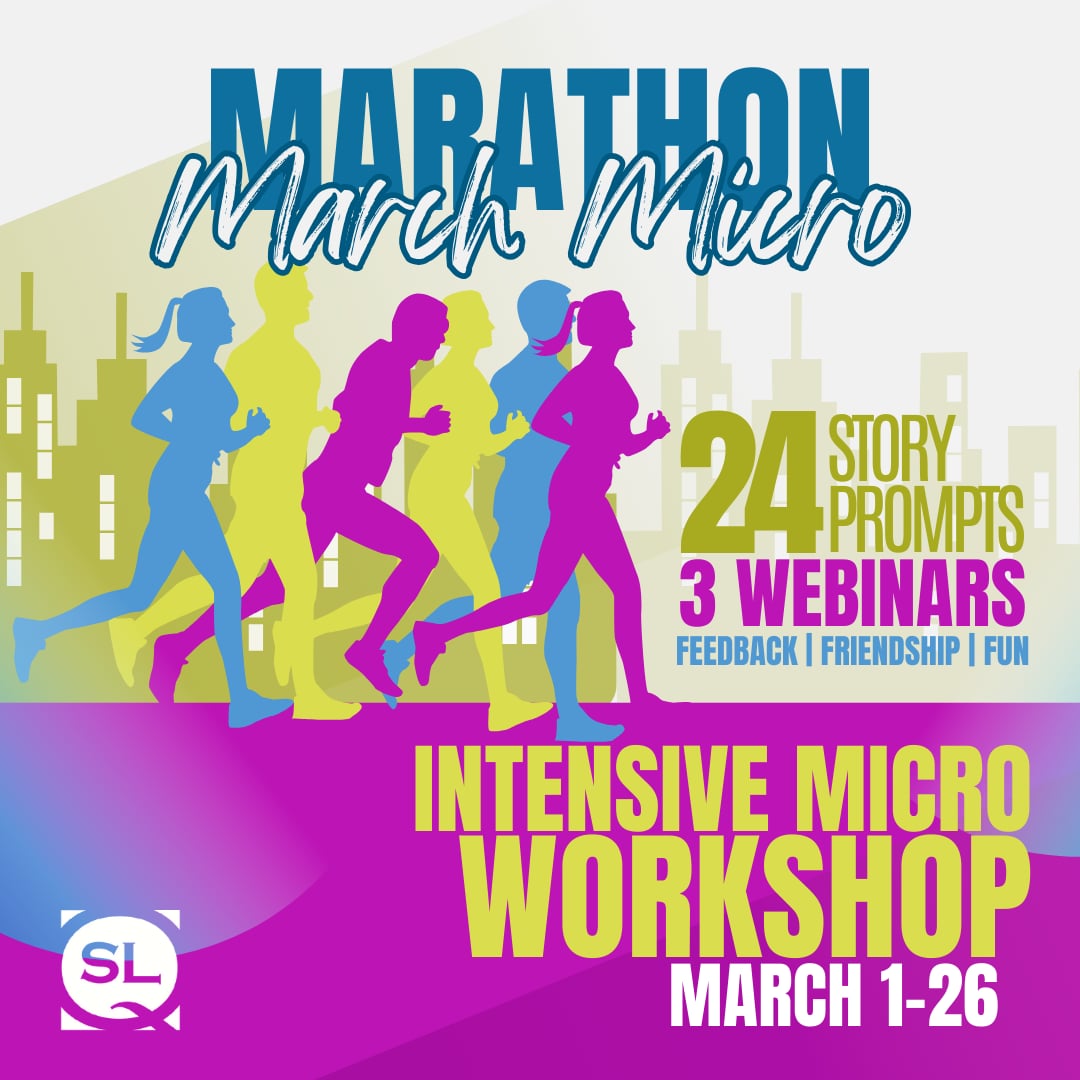What themes pop up most in your writing? Do you also like reading about those themes, or would you rather read about something different?
Aloneness seems to always creep its way into my writing. How in the end we’re all alone—even if our actions are guided by or caused by or affect others, it’s still the individual’s experience—whether it’s a man who is abducted and cheats on his wife with an alien, or a boy who pulls down the moon, or someone who digs to the center of the earth. What is their reality? What do they think and feel during those moments. At the core, they are in it alone. But that’s life really, isn’t it? Good god, I’m not a nihilist…shit, maybe I am.
I do enjoy reading about similar themes. My favorite book I read in 2016 was Jeanette Winterson’s Written on the Body (1993, Knopf). That damn book broke my heart and showed me a type (gasp! a better type?) of writing that I’d only experienced with Salter or Dickens. But, that type of writing has to be done so well or it comes off saccharine and forced. It’s probably why I try to mask my skill in tackling the theme with magical device. I guess I enjoy love stories…but, please don’t send me any love stories! haha. I think Rilke said it best:
“Don’t write love poems; avoid those forms that are too facile and ordinary: they are the hardest to work with, and it takes a great, fully ripened power to create something individual where good, even glorious, traditions exist in abundance.”
Send me something weird and new. If it happens to center on aloneness, awesome, but the world and premise must be as original as possible!
Pick one: place, mood, character, plot. Why?
I can’t pick one! I subscribe to the theory that all good writing must have character, plot, and style. They are in inseparable. That said, a terrible plot can kill a story quicker than the other three I think. We can follow poor characters and lackluster style if the plot is engaging— maybe not all the way, but longer than if the plot is thin. I think in flash fiction, the plot has to be so upfront and image driven in the first lines or the story will collapse. We need to apparate directly into the story and world. A repeated trope I’ve been noticing is “here’s this weird world, and here’s why it’s different for this person” and that’s kind of it. That’s not enough for meaningful and engaging flash. The setup might initially hook a reader, but if the characters are weak, or the style is just, eh, a reader will lose interest real quick. It really does all come back to that trilogy of character, plot, and style. They have to work in tandem.
How does teaching and playing music influence your writing, if at all?
It influences my time the most. There’s simply not enough time to devote fully to either art in a day. At minimum I try to start each day with a few minutes of Bach on the piano before school, and then stop off at the coffee shop for 40 minutes before they close on my way home to bang out some words. That’s my sacred time—when I keep up my chops in the woodshed.
Now, artistically, I think they both inspire minimalism in approach to the craft. It took a while to see that, but the more I wrote stories and the more I wrote music for Those People and others, and taught and made arrangements for my students, the more I found myself limiting myself to what was absolutely necessary. I haven’t always hit the mark, but my aim is better than it was 10 years ago, that’s for sure. Also, I’ve found a certain lyrical quality comes more naturally in writing than perhaps it used to. Is that because of music, or is it why I was also pulled towards to music at an early age as well? I’ll never know.
If I can, I’d like to talk about arranging pop songs for my students because of the parallel to the creative writing process. I found it interesting that the best songs are still the ones that are only a few chords and a groove. Take “Work” by Rihanna. Lyrics aside, as far as pop music goes, it’s a minimalist masterpiece. It’s so simple in its approach and execution, but there’s actually a helluva lot going on in the song. Tons of little bits of melody and percussion—each bit exactly where it needs to be, when it needs to be. That’s not by accident. Prepping that for the stage was incredibly hard to get right. And of course it was hard. If it wasn’t, every song would be a hit. The same goes for writing. You need a groove, then all the small right pieces in all the small right places. I don’t want to diminish writing to a formula, but the best songs and stories have one thing in common: They make you shake your booty—literally, figuratively, and sometimes both.
Give us your New Year’s resolutions. What’s going to be the first one you break?
Read and write more culturally relevant works. Stories and music that are now—that try to fight the good fight.
Finish the second novel.
Keep trying to get the first published.
Work even more with the literary community instead of just writing and trying to publish.
Get my 100 Nazi scalps.
Organize my basement. Syke. lolz.



